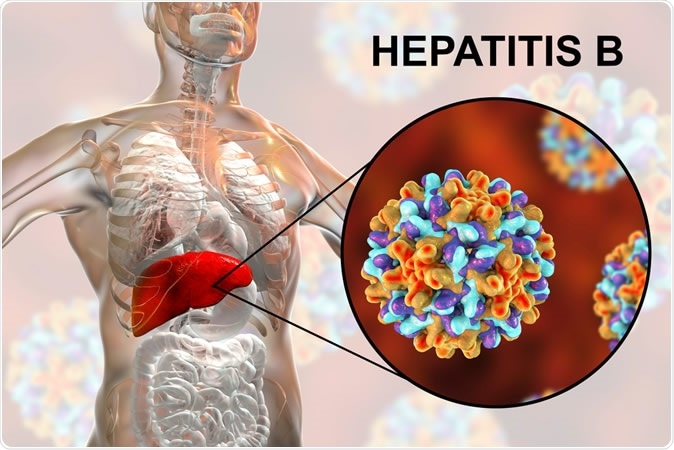About 19 million Nigerians are currently living with hepatitis, the National Coordinator of National AIDS and STDs Control Programme (NASCP) of the federal Ministry of Health, Dr Adebobola Bashorun, has said.
He stated this Friday in Abuja during a briefing organised by the ministry to commemorate this year’s World Hepatitis Day.
The theme of this year’s commemoration is “One life, one liver.”
Hepatitis is a disease that causes an inflammation or damage of the tissues of the liver . The five types of viral hepatitis are A, B, C, D, and E.
- Kano Gov’t revokes licences of all Kannywood actors, directors, others
- Hamzat Lawal hails Gov Sani Uba for picking 33-year-old as Accountant General
Bashorun said only 60 per cent of Nigerians know about hepatitis while, lower than 50 per cent know their status.
He said, “That is why we are trying to create awareness and demand for testing. So apart from getting information about hepatitis you should also know your own hepatitis status.”
He said hepatitis vaccine is in the routine immunisation schedule for children , adding that there is vaccination to prevent hepatitis B in adults.
“So for you to be vaccinated against hepatitis B , and properly immunized, you first of all go for screening and once you are negative, you are eligible to be vaccinated against Hepatitis B,” he added.
He said the federal government had also developed a National Strategic Framework for Viral Hepatitis covering 2022 to 2026.
The Permanent Secretary of the Federal Ministry of Health, Dr Olufunso Adebiyi said viral hepatitis, especially hepatitis B and C remained major public health risks with person to person transmission fueled by limited knowledge among health care providers in addition to the low awareness amongst the general public.
Represented by the Director of Public Health, Dr Morenike Alex-Okoh, he said these factors had led to stigmatization, late diagnosis and higher mortality rates.
He said the prevalence rate of hepatitis B and C in the country were recorded as 8.1 per cent and 1.1 per cent respectively, according to the 2018 National AIDS Indicator and Impact Survey ( NAIIS).
WHO Nigeria Country Representative, Dr Walter Kazadi Mulombo said it was time for Nigeria to do something differently in tackling viral hepatitis.
He enjoined the federal government to include hepatitis services in the minimum service package of the Basic Health Care Provision Fund ( BHPF) to ensure increase access and reach in the country.
While commending Nigeria for including hepatitis B vaccination for children in the routine immunisation schedule, he said the country still needs to increase efforts to acheive the global target of 90% to achieve those targets by 2030.
Dr Mulombo said more than 91 million Africans are living with hepatitis.
He said in 2019, an estimated 1.2 million new hepatitis infections and 125, 000 hepatitis-related deaths occurred in the African Region, adding that deaths occur mostly among the young and productive segments of the population.
The WHO country Rep said despite the availability of diagnostic tools and effective treatment, more than 90% of people living with hepatitis in Africa do not receive the care they need, and less than 10% of the population has access to testing and treatment.
He enjoined policymakers and partners to demonstrate political commitment to sustain and simplify hepatitis testing, prevention and treatment as part of the broader liver health and primary care to achieve viral hepatitis elimination.

 Join Daily Trust WhatsApp Community For Quick Access To News and Happenings Around You.
Join Daily Trust WhatsApp Community For Quick Access To News and Happenings Around You.


